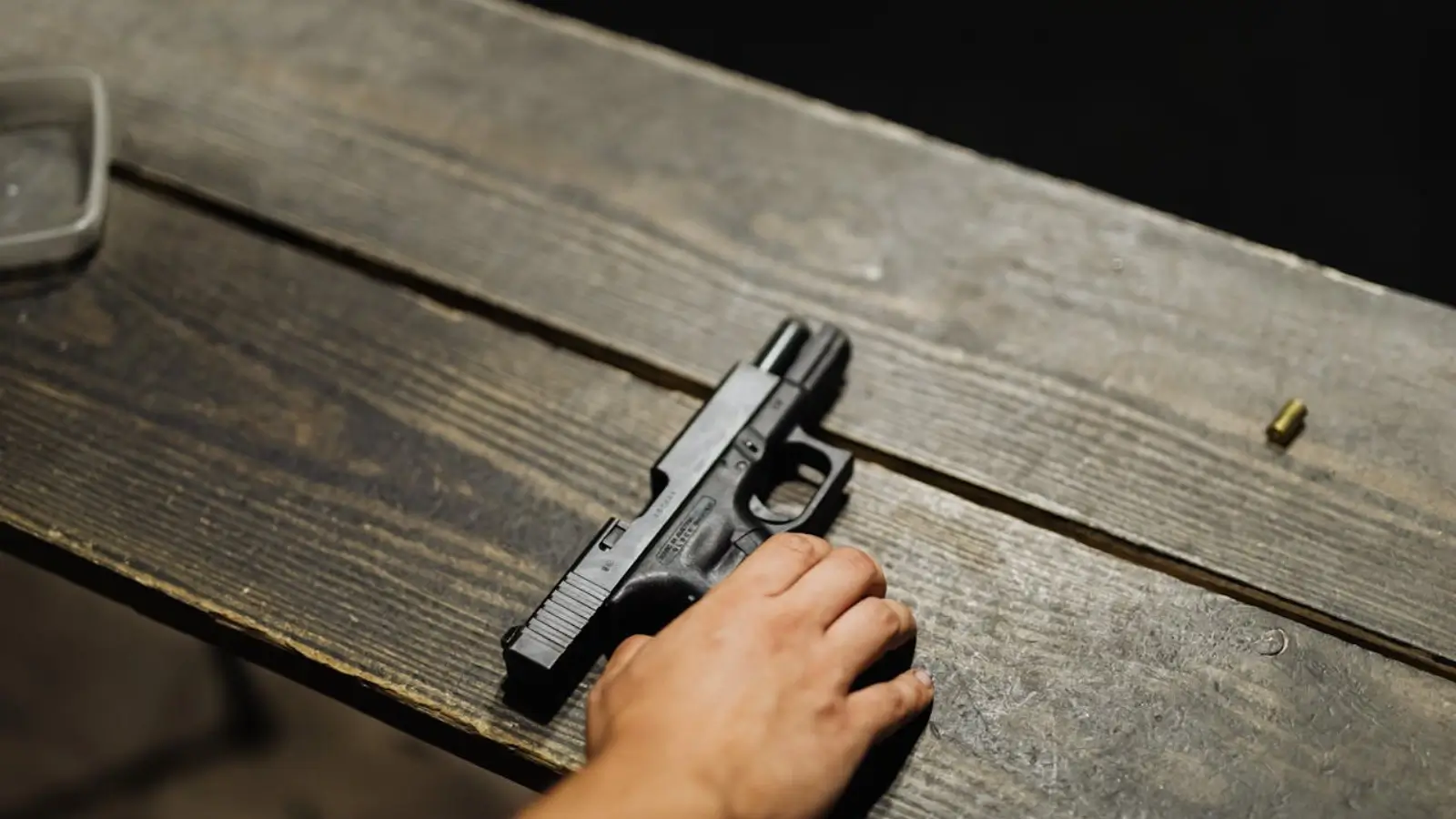


Domestic violence charges carry serious legal consequences, but when firearms are involved, the stakes rise even higher. Laws governing these cases are specifically designed to address the risks posed by individuals with violent histories, and they often include permanent restrictions on firearm ownership. Understanding how domestic violence offenses impact gun rights is crucial for anyone facing such charges, as these restrictions can affect long-term freedoms, legal responsibilities, and personal safety considerations. Proper legal guidance is essential to navigate these complex regulations and ensure compliance with the law, particularly when permanent firearm restrictions for domestic violence offenses come into play.
Domestic violence offenses are treated with particular gravity in the legal system because of the potential danger posed to victims and the broader community. Firearm restrictions are a key component of these laws, intended to prevent further harm. Even first-time offenders can face serious limitations if a firearm is involved, and repeat offenses often lead to stricter, long-lasting consequences.
These restrictions are not just temporary measures. Many states and federal regulations impose permanent prohibitions on firearm possession for individuals convicted of domestic violence misdemeanors or felonies. This permanent ban is designed to reduce the risk of further violence, protect potential victims, and ensure that the rights of law-abiding citizens are not compromised by the actions of someone with a violent past.
The scope of firearm restrictions in domestic violence cases can be broad. Anyone convicted of a qualifying offense, whether it’s a felony or certain misdemeanors involving domestic violence, may be prohibited from purchasing, owning, or possessing firearms. This can include:
Understanding whether a specific offense triggers a permanent firearm restriction requires careful legal evaluation. Not every domestic violence conviction automatically results in a lifelong ban, but many do, especially when the offense involves threats or the use of a weapon.
Permanent firearm restrictions carry significant implications for anyone affected. Beyond the obvious impact on personal rights, these restrictions can affect employment opportunities, participation in recreational activities, and even housing considerations. Many professions, especially those involving security, law enforcement, or government work, require the ability to possess or carry a firearm. A permanent restriction can therefore have ripple effects across multiple aspects of life.
Violating firearm restrictions after a domestic violence conviction is a serious crime. Individuals who attempt to purchase or possess firearms in violation of these laws face severe penalties, including fines, extended prison sentences, and additional criminal charges. Understanding the permanency of these restrictions and ensuring compliance is crucial to avoid compounding legal troubles.
The rationale behind permanent firearm restrictions is rooted in public safety and risk prevention. Studies consistently show that access to firearms significantly increases the risk of domestic violence fatalities and serious injuries. By removing access to firearms from individuals with a history of domestic violence, lawmakers aim to reduce the potential for repeat offenses and protect victims from further harm.
These laws are also preventive in nature. Even in cases where an individual may not have used a firearm during the offense, restrictions are applied to ensure that opportunities for future escalation are minimized. It is a proactive measure, balancing the rights of the offender with the safety of the community and potential victims.
For anyone facing a domestic violence conviction, navigating firearm restrictions can be complicated. Compliance requires more than simply surrendering weapons, it may involve navigating state-specific regulations, federal laws, and even local ordinances. Legal counsel is critical to understanding the exact requirements, including:
Attempting to navigate these laws without professional guidance can lead to inadvertent violations. Even minor missteps, such as retaining a firearm unknowingly, can result in criminal penalties. Engaging a knowledgeable attorney ensures that all requirements are met and that potential pitfalls are avoided.
A dedicated criminal defense attorney specializing in domestic violence cases can provide essential support in navigating firearm restrictions. Attorneys can:
Having expert legal support ensures that individuals understand their obligations and avoid unintentional violations. It also helps clarify options for those who may be eligible to restore firearm rights in limited circumstances, although permanent restrictions often preclude restoration except under exceptional legal avenues.
While the term “permanent restriction” implies lifelong prohibition, some states provide mechanisms for relief under limited circumstances. These are often complicated, require legal petition, and must meet strict criteria. Restoration of firearm rights is typically not guaranteed and is subject to judicial discretion. Factors such as time elapsed since conviction, behavior since the offense, and evidence of rehabilitation may play a role, but navigating these processes is complex.
Even when restoration is theoretically possible, federal restrictions often remain in force, meaning that an individual may be legally barred from possessing firearms despite state-level allowances. This dual layer of regulation underscores the importance of professional guidance when addressing firearm rights after a domestic violence conviction.
The implications of permanent firearm restrictions extend beyond legal compliance. Individuals may experience:
Recognizing these impacts is crucial for managing expectations and planning for the future. Consulting with legal professionals allows individuals to understand these limitations fully and explore legal alternatives where available.
Adherence to firearm restrictions is non-negotiable. Violations, intentional or accidental, can trigger additional criminal charges and complicate ongoing legal matters. Practical steps to prevent violations include:
Being proactive ensures that permanent firearm restrictions do not lead to additional legal consequences and allows individuals to focus on rehabilitation and personal safety.
Permanent firearm restrictions for domestic violence offenses serve a critical role in protecting public safety, victims, and communities. Understanding these restrictions is essential for anyone facing such charges, as they carry long-term consequences that extend beyond the courtroom. Proper legal guidance is indispensable to navigate compliance, understand limitations, and explore any potential avenues for relief.
Facing the reality of permanent firearm restrictions can be challenging, but with informed legal support, individuals can take responsible steps to meet their obligations, avoid further legal complications, and focus on moving forward. Knowing how the law works, taking it seriously, and consulting experienced professionals ensures that these serious consequences are managed responsibly and safely, preserving rights where possible and protecting the community in the process.